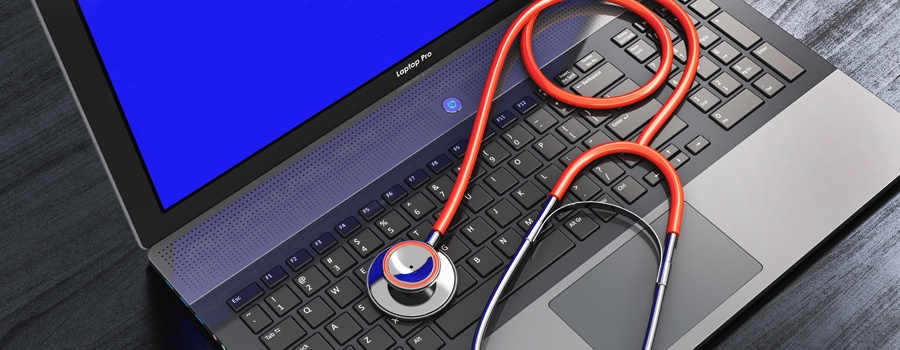Tag: HIPAA
-

Looking Forward to Retirement? Solo Practitioners Can Still be HIPAA Compliant as You Close the Doors
Maybe you’ve been planning for retirement for some time or perhaps you’ve had a bad month and have decided that you’re better suited for life on the lake. In either circumstance, when you get ready to leave your practice and wind down your affairs, don’t forget that you still have responsibilities pursuant to state and…
-

Do You Know How to Easily Avoid a HIPAA Penalty?
If you have any questions, call PCIHIPAA at (800) 588-0254. Let them know you are a member of the Medical Association of the State of Alabama.
-

HIPAA Illiteracy Is Considered Willful Neglect
KNOWING YOUR OFFICE’S VULNERABILITIES IS NOT ENOUGH Unsure of your practice’s vulnerabilities? Judge Rules in Favor of OCR and Requires $4.3 Million in Penalties for HIPAA Violations OCR’s investigation found that MD Anderson had written encryption policies and risk analyses had found that the lack of device-level encryption posed a high…
-

Does Inflation Have an Impact on HIPAA Violations?
Health care providers are generally aware that non-compliance with the Health Insurance Portability and Accountability Act can be costly. In 2013, when the Department of Health and Human Services (HHS) initiated penalties pursuant to the HIPAA Final Omnibus Rule, the health care industry was abuzz about the impact that these civil monetary penalties could have…
-

Are Your Electronic Devices Physically Secure?
In the age of electronic medical records and ransomware attacks, recent focus with regard to HIPAA compliance seems to be on electronic security. How are your electronic medical records stored? Do you require two-factor authentication to access your electronic system remotely? What firewalls and malware detection systems do you have in place to prevent a…
-

Medical Association Chooses PCIHIPAA to Help Benefit and Protect Its Members
MONTGOMERY – The Medical Association of the State of Alabama has partnered with PCIHIPAA to help protect its members from the onslaught of ransomware attacks, HIPAA violations and data breaches impacting Alabama physicians. Under HIPAA’s Security and Privacy Rules, health care providers are required to take proactive steps to protect sensitive patient information. “The Medical Association services more…
-

Breach Notification…Who, How, When?
February is typically a very busy month for health care compliance professionals because the majority of breaches are required to be reported to the Department of Health and Human Services (HHS) within the first 60 days of the calendar year following the breach. However, the type of breach determines the applicable deadline so it is…
-

HIPAA and the Holidays
As the holiday season builds momentum we are faced with numerous distractions like holiday decorations, taking advantage of online sales and soaking in the traditions that we look forward to each year. But this season of joy and giving should also be met with a heightened sense of awareness and adherence to HIPAA policies and…

